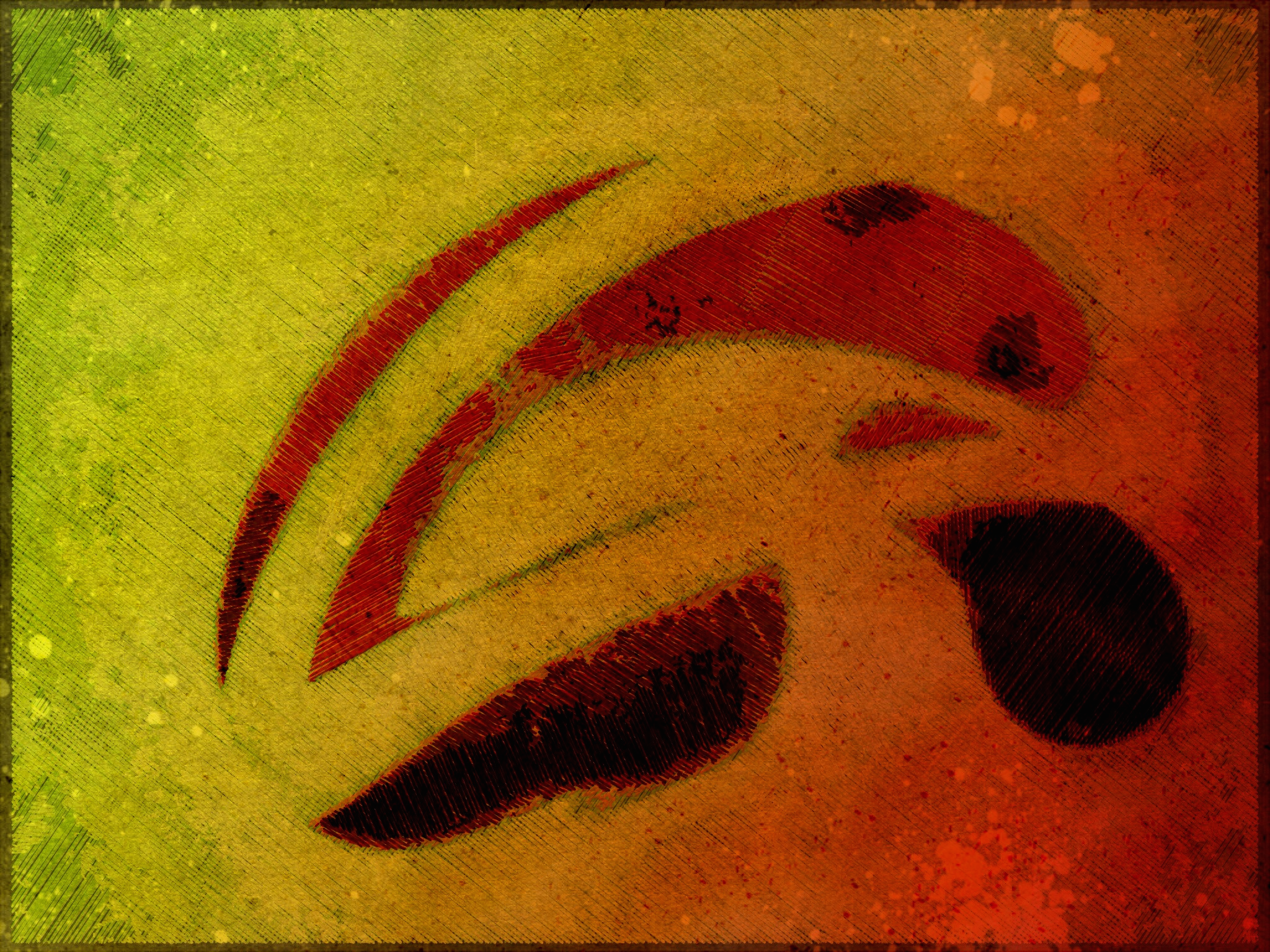
Executive Arts
Team Development Strategies
Team Development Strategies: Workplace Change and Culture at Executive Arts
Braving Uncertainty and Embracing Change
At Executive Arts, we understand that change in the workplace is inevitable, and how organisations respond to that change shapes their culture and long-term success. Our workplace change and culture services focus on team development strategies that help organisations navigate uncertainty, build resilience, and foster collaborative innovation.
Organisations today operate in environments of rapid technological advancement, shifting market dynamics, and evolving workforce expectations. These transitions demand an adaptive culture—one that embraces new ways of working, fosters meaningful connections, and builds a strong foundation for sustainable success.
We believe that change is not just a process, but a journey. And at the heart of this journey is the art of team development—a strategic approach that goes beyond simple training programs and instead cultivates long-lasting behavioural and mindset shifts.
The Executive Arts Approach to Team Development
Our approach is rooted in strategy, deep engagement, and structured dialogue. We do not rely on static solutions or one-size-fits-all frameworks. Instead, we create dynamic processes that empower teams to:
● Identify and articulate their current challenges
● Understand the forces of change at play
● Develop a shared vision for the future
● Cultivate resilience and adaptability
● Engage in constructive dialogue and storytelling to shape culture
● Establish measurable strategies for sustainable team development
Executive Arts has developed a unique set of tools and frameworks that allow organisations to assess and navigate change in real time. This offers clarity in complex scenarios, ensuring that teams have structured pathways to move from uncertainty to strategic action.
Mapping as a Tool, Not Just a Framework
One of the distinguishing features of Workplace Change and Culture at Executive Arts is our use of mapping as a tool. Our maps help organisations visualise:
● Where they currently stand
● The forces influencing their culture
● The gaps in team cohesion
● The opportunities for development and innovation
Unlike traditional change management models that dictate step-by-step processes, our mapping approach allows teams to interpret their own journey through structured conversations, reflection, and targeted interventions.
The Power of Storytelling: Verbal, Not Visual
A fundamental component of shaping workplace culture is storytelling. At Executive Arts, we focus exclusively on verbal storytelling—not pictures or illustrations—to guide teams through change.
Why verbal storytelling?
● It creates shared meaning and deep engagement – When teams tell and listen to stories, they uncover perspectives that build understanding and trust.
● It fosters a culture of open dialogue – Visuals can sometimes limit interpretation, whereas verbal storytelling allows for nuanced, context-rich communication.
● It unlocks emotional intelligence – Storytelling helps individuals relate to experiences on a deeper level, allowing for more profound insights and transformational change.
Through structured storytelling exercises, teams explore:
What has shaped their past experiences?
What narratives define their current work culture?
How can they craft a new, shared story for the future?
This narrative-driven approach ensures that team development is not just an abstract concept but a lived experience that teams can internalise and act upon.
Our Core Workplace Change and Culture Frameworks
Executive Arts has designed several strategic tools to support workplace change and culture development. These frameworks are built on principles of active learning, structured dialogue, and team-led solutions.
1. The Insight Cycle
The Insight Cycle provides teams with a structured process for making sense of change. It encourages organisations to look beyond surface-level reactions and instead explore:
● Situational awareness – Understanding the real forces influencing change
● Behavioural patterns – Identifying existing habits and responses
● Influences – Recognising external and internal pressures that shape culture
● Mindset shifts – Uncovering deeper assumptions and narratives that must evolve
2. TransforMAP
The TransforMAP framework is designed to help teams navigate the emotional and cultural aspects of change. It identifies three key voices that emerge during transition:
The Voice of Ending – Acknowledging loss and resistance to change
The Voice of Reinvention – Exploring new possibilities and innovations
The Voice of Commitment – Solidifying action and embedding new ways of working
By mapping these voices, teams gain clarity, direction, and momentum in their development journey.
3. Implemento
For teams struggling to determine how to take action, the Implemento framework provides a structured decision-making process. It helps teams:
● Identify best and worst possible outcomes
● Develop measurable goals for their actions
● Align on clear success pathways
● Establish continuous feedback loops to refine strategy
4. Impacto
Change cannot happen in isolation. The Impacto framework is used to enrol key stakeholders in the change process. It ensures that leaders, team members, and external partners are:
● Aligned in their purpose
● Aware of the urgency for change
● Clear on the shared destination
● Invested in the steps required for success
● Committed to long-term engagement
Through structured dialogue, Impacto allows teams to transform passive stakeholders into active allies.
Embedding Team Development into Organisational Culture
Team development is not just about one-off workshops or training sessions—it’s about embedding a learning culture that fosters:
✔ Continuous adaptation
✔ Psychological safety for open communication
✔ Collaborative problem-solving
✔ Proactive leadership and accountability
✔ Meaningful, lasting transformation
By focusing on deep, verbal storytelling, structured mapping, and dynamic strategy frameworks, Executive Arts helps organisations move beyond surface-level interventions and instead build a culture of sustainable growth, adaptability, and high-performance teams.
Are you ready to develop your team for the future of work?
Let’s start a conversation. Contact Us today.
